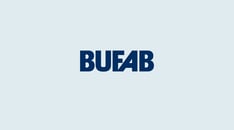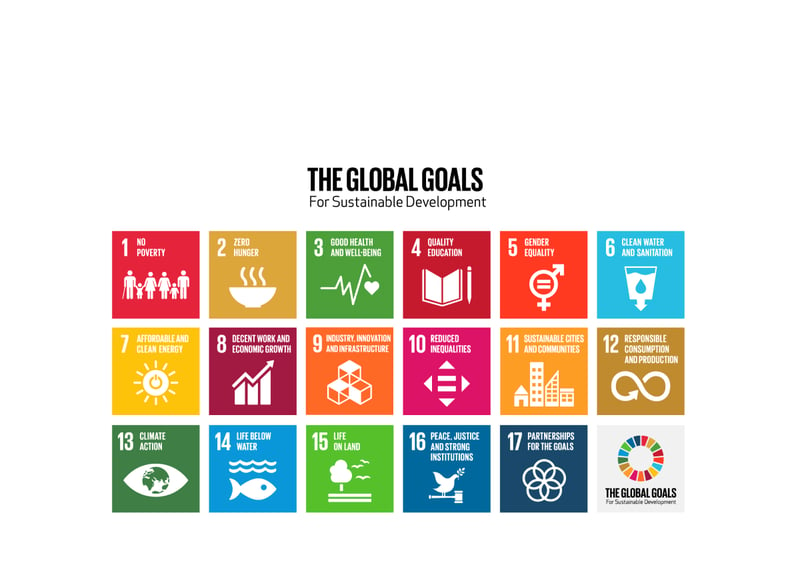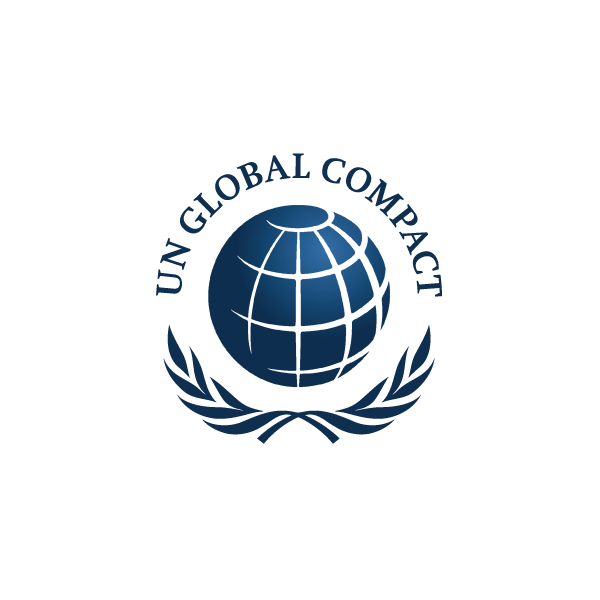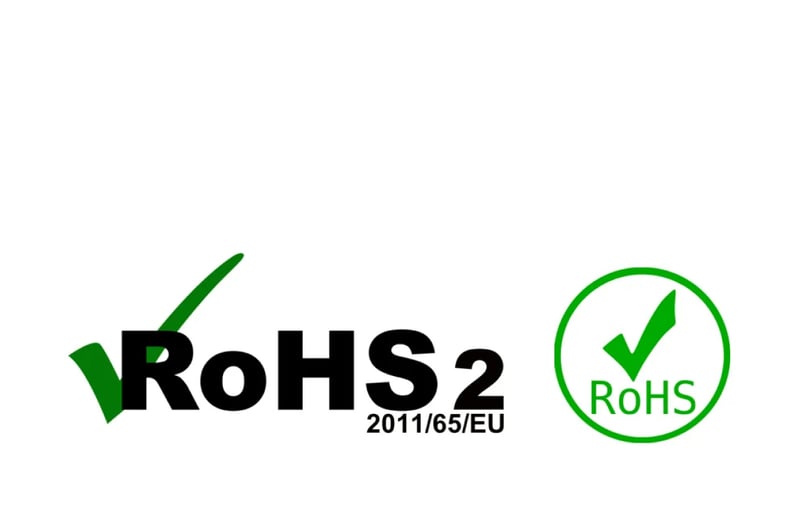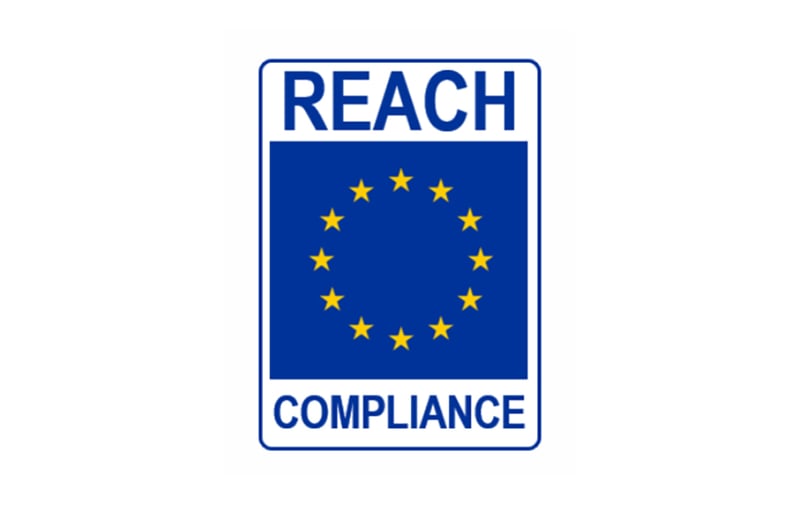Sustainability
For the Bufab Group, sustainability means balance between environmental management, social progress, and economic success. Achieving this balance with C-parts is particularly challenging. This is where Bufab comes in.
A sustainable Bufab Group
Our ambition is to be the leading global player in sustainability in our field.
Why succeeding with C-parts is particularly challenging
In our business, a large number of items with unique specifications and quality demands are ordered from numerous suppliers worldwide. And each item usually has a low value.
These circumstances make it difficult for our customers to guarantee that the entire supply chain has been handled in a sustainable and ethical way.
Sustainability in every aspect of our operations
As customers gradually increase demands on themselves and their suppliers, it will become more critical to have a responsible partner supplying C-parts.
Therefore, the sustainability perspective is present in every aspect of Bufab’s operations – from formulating and conducting our business to assessing risks. But also in how we act in the communities where we operate and how we behave toward each other. We seek to maintain the health, security, and safety of our employees, suppliers, and others affected by our operations.
Governing our sustainability agenda
Bufab’s sustainability agenda is governed by our Code of Conduct and policies for employees, the environment, quality, and anti-corruption.
They are all based on the UN Sustainable Development Goals and our commitments having signed both the UN Global Compact and the international Science-Based Targets initiative (SBTi).

Bufab has signed the Science-Based Targets initiative (SBTi)
Bufab has signed the international Science-Based Targets initiative (SBTi) as part of its efforts to reduce global greenhouse gas emissions further. The group has thus committed to targets aligned with the Paris Agreement, intended to limit global warming to 1.5°C.
Bufab has analyzed its impact on the UN's Sustainable Development Goals
Based on Bufab’s identified material topics, we have analyzed our impact on the UN Sustainable Development Goals (Agenda 2030) and determined the most relevant SDGs related to our business and where our business activities can have the biggest positive impacts.
The most relevant goals for Bufab are:
-
3 Good health and well-being
-
5 Gender equality
-
8 Decent work and economic growth
-
9 Industry innovation and infrastructure
-
12 Responsible consumption and production
-
13 Climate action
-
16 Peace, justice and strong institutions
-
17 Partnership for the goals
Bufab has signed the UN Global Compact and follows its principles
By systematically improving sustainability in our business, we aim to become a more relevant partner for increasingly demanding customers. Commercial viability sense and sustainability are not, therefore, in conflict at Bufab. They support each other.
Bufab actions in practice
Internal actions
- Source certified renewable energy instead of fossil energy
- Realize energy efficiency projects from solar panels and LED lighting to energy efficient equipment
- Company vehicles transition to hybrid and electric
- Have online meetings instead of traveling whenever possible
- Company business trips made preferably by train. Rent hybrid and electric cars. When flying is necessary, always use economy class.
- Environmental waste sorting in production, warehouse, and office
Supplier actions
- We evaluate our suppliers based on facts on energy consumption, raw material, waste, and recyclability
- Consolidate to Partner & Preferred suppliers with a sustainability program in line with the Bufab targets
- Until real data are in place we will continue to use spend-based data and LCA-average data for manufacturing processes and countries
- Aiming to start and complete Life Cycle Analysis
Supply chain actions
- Support customers to choose the best product alternative combining function, quality, durability, and CSR aspects
- Avoid obsolete items throughout the supply chain. Sort waste and sell to companies that adapt to circular economy.
- Optimize by logistics planning and consolidate freights
- Use freight forwarders that have fossil free freight
Compliance requirements
At Bufab, we are determined to comply with regulatory and customer requirements regarding the prohibition and restriction of substances, including hazardous substances and conflict minerals. Therefore, suppliers shall ensure that the goods provided to Bufab are in compliance with requirements covered under the scope of all relevant regulations, which include but are not limited to REACH Regulation, RoHS Directive and the SCIP Database. We warrant that the products do not directly or indirectly contain illegally sourced conflict minerals, as defined by the United States Dodd Frank Act, Section 1502. Bufab conduct conflict minerals reporting for the products supplied to Bufab.
RoHS
Bufab is committed to ensuring that its products comply with Directive 2011/65/EU of the European Parliament on the restriction of the use of certain hazardous substances in electrical and electronic equipment (RoHS Directive).
REACH
Bufab is committed to fulfilling all its duties under the European Union regulation no. 1907/2006 concerning the Registration, Evaluation, Authorization, and Restriction of Chemicals (REACH) regarding the disclosure of substances of very high concern (SVHC). Bufab is required to pass on information to its customers on all substances on the Candidate List, which make up more than 0.1% of the identified products.
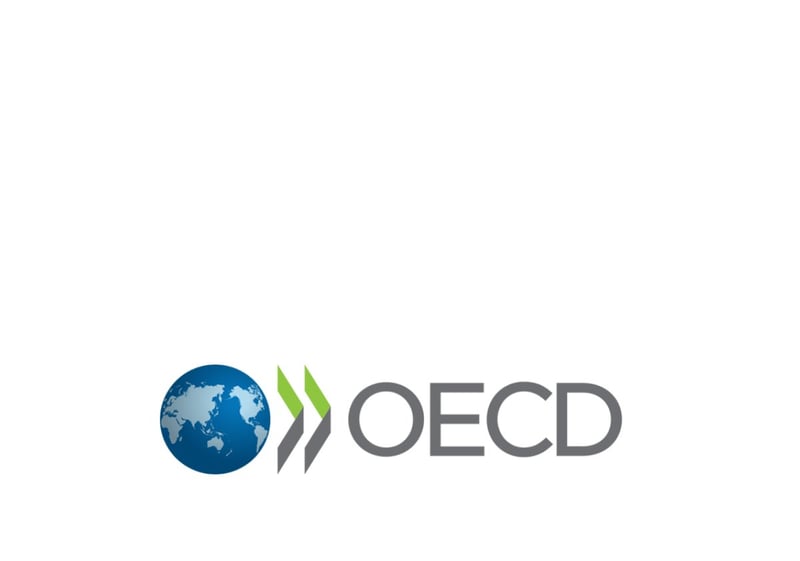
Conflict minerals
Bufab warrants that all the products and components provided by Bufab to our customers do not directly or indirectly contain conflict minerals, as defined by the OECD and United States Dodd Frank Act, Section 1502. To do so, Bufab requires manufacturing companies to identify and disclose the source of 3TG minerals (tin, tantalum, tungsten, and gold) used in products supplied to Bufab.





